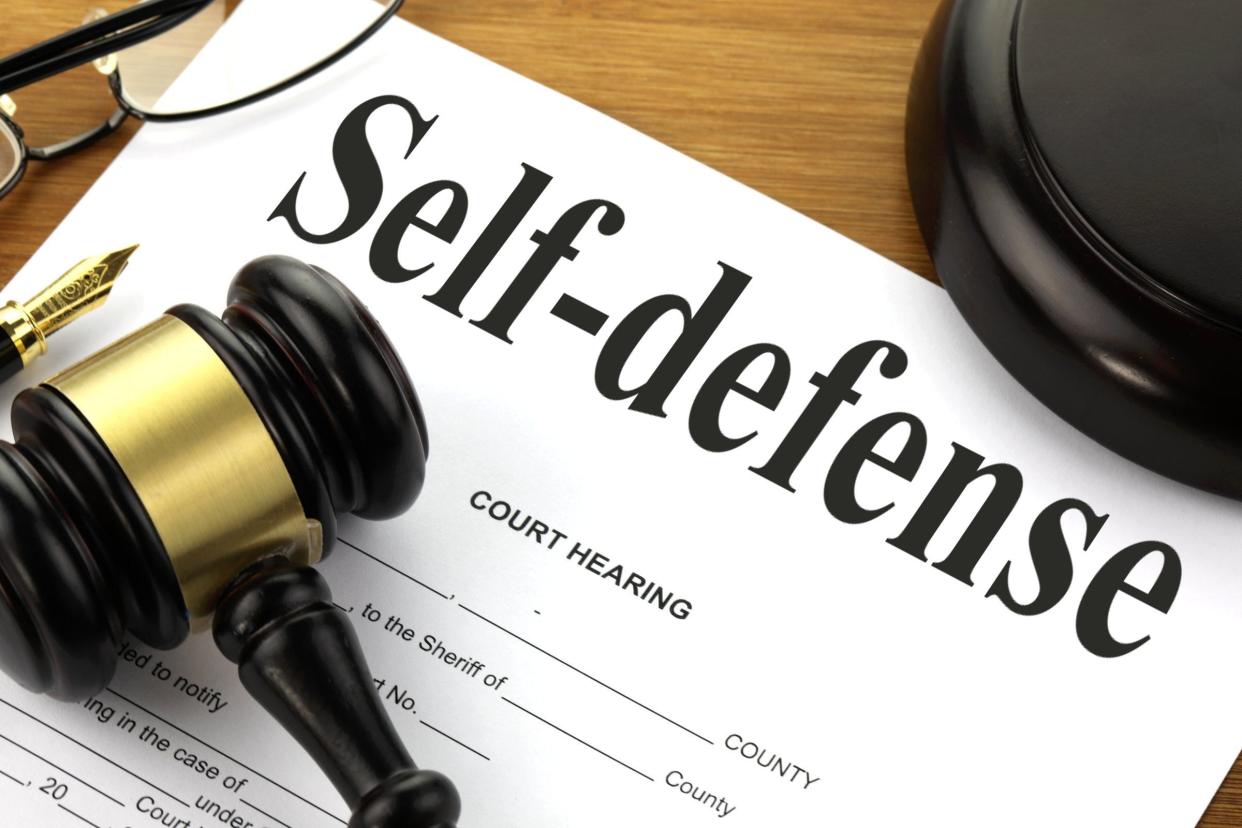Standing Your Ground in Craven County: What's legal under state self-defense laws

Self-defense laws can vary from state to state, a reality that can create confusion and uncertainty for residents faced with a possibly life-threatening situation.
What rights do Craven County residents have to defend themselves under North Carolina state law?
Chapter 14 of the North Carolina general statutes provide for the use of force if an individual is defending against the infliction of serious bodily harm or death.
More: NC Self Defense Law
Self-defense in North Carolina is authorized in instances of "unlawful entry into one’s home, vehicle, or place of employment."
The state's self-defense law is subject to a “reasonableness” standard, when determining if the use of force is justified.
The law states that the fear of immediate harm to others or to yourself must be deemed reasonable. And in exercising the use of force, the non-aggressor must do so in a reasonable fashion.
What does NC's Stand Your Ground law allow?
As of December 1, 2011, the date North Carolina’s Stand Your Ground law took effect, residents throughout the state had the legal right to defend themselves from a threat of violence without first being required to retreat.
Stand Your Ground laws dictate the extent to which one can legally go to defend themselves or another. The laws currently exist in 28 states, including North Carolina and Florida.
The use of force, including the use of deadly force, is recognized both under the North Carolina criminal laws as well as by the state's appellate courts.
North Carolina’s Stand Your Ground law removes the duty to retreat and generally allows the use of deadly force when in one’s home, car or workplace, under reasonable circumstances. The law presumes that such an invasion gives the occupant the requisite fear required to use deadly force in defense of themselves or their family.
Under North Carolina's Stand Your Ground law, force is justified, and there’s no duty to retreat if you have a right to be where you are and reasonably believe the force is needed to prevent imminent death or great bodily harm.
You can also use deadly force when you’re lawfully occupying a home, motor vehicle, or workplace in a situation where:
The other person is unlawfully and forcefully entering
Already entered a home, motor vehicle, workplace
If the person removed, or was trying to remove, another against their will
You had reason to believe an unlawful and forcible entry or act was occurring or had occurred
More: NC Stand Your Ground Law
Limits to North Carolina's Stand Your Ground law
Under North Carolina's Stand Your Ground law, there are exceptions to the use of deadly force in self-defense against the following people:
Police officers or law enforcement
Bail bondsmen
A landlord or other person who also has a legal right to be in the place where you are
More: N.C. Court of Appeals: Craven County man denied retrial, no evidence of self-defense
Additionally, if the person has retreated or has stopped the threatening behavior, the use of deadly force may no longer be justified because the threat is no longer considered imminent.
North Carolina residents should keep in mind that just because a person is on their property doesn’t necessarily mean they’re illegally entering or attempting to enter their home. Shooting first and asking questions later could lead to criminal prosecution and prison time.
How does Stand Your Ground differ from past self defense-laws?
As it has done in other states, North Carolina's Stand Your Ground law significantly changed how and when citizens are allowed to use potentially lethal self-defense tactics.
Prior to the creation of Stand Your Ground laws, individuals had a duty to retreat before using deadly force against an attacker. If there was a way to escape and avoid a confrontation, you were legally obligated to do so or face criminal charges for assault, battery, or, depending on the outcome, manslaughter or murder.
Under Stand Your Ground laws, however, individuals are no longer required to retreat before using deadly force.
Stand your ground laws remove the duty to retreat and generally allow for the use of deadly force under reasonable circumstances. Individuals have no requirement to try to get away before reacting to a threat with reasonable force.
This article originally appeared on Sun Journal: Standing Your Ground in Craven County: What's legal and what isn't

